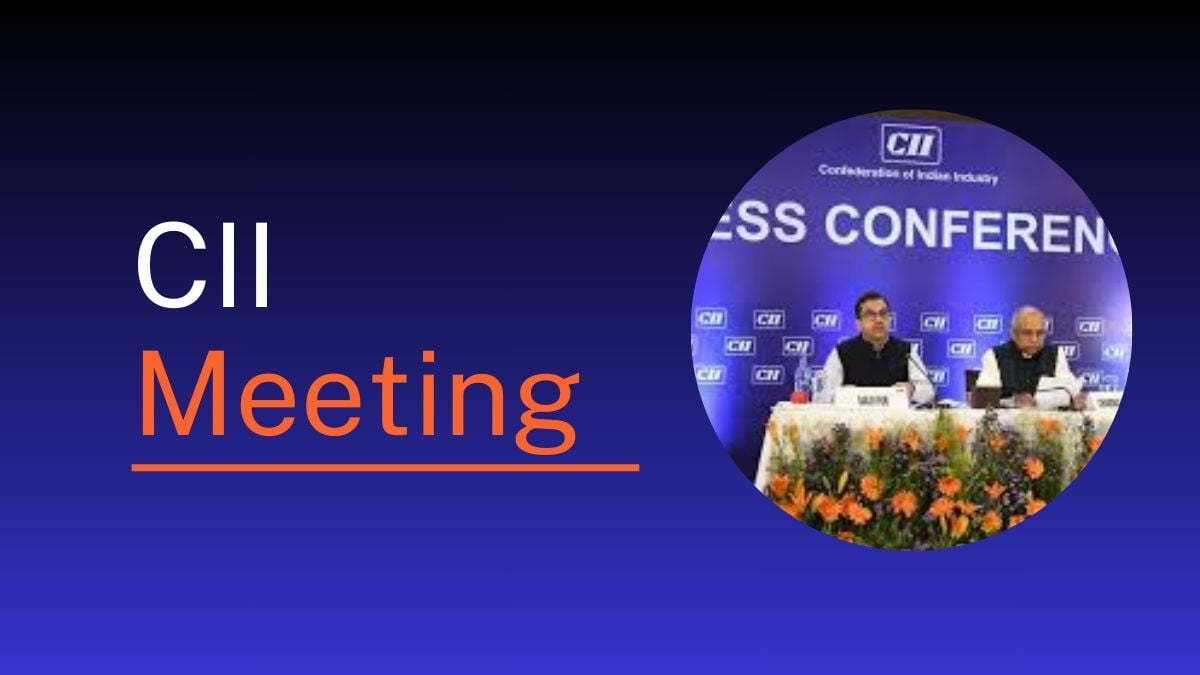Sanjiv Puri, Chairman, MD of ITC Ltd., and President of the Confederation of Indian Industry (CII), called for comprehensive land, labor, and agriculture reforms to sustain India’s economic growth to 8% in FY25 during a press conference today.
Held in New Delhi, this press conference marked Puri’s first public appearance since assuming the role of CII President.
Economic Growth and Outlook Prospects
CII projects India’s economic growth at 8% for FY25, marking the fourth year of growth above 7%. Puri emphasized that completing the reform agenda, improving global trade, strong investment and consumption, and a favorable monsoon are key to achieving this growth.
Sectoral Performance and Inflation
Puri expressed confidence in the performance of agriculture, services, and industry sectors, anticipating they will collectively drive economic growth. CII also expects inflation to stabilize between 4 and 4.5% in FY25.
Private Sector Investment and Rural Consumption
Highlighting a positive shift in private sector investment, Puri noted it has increased from 20.7% of GDP to 23.8%, surpassing pre-Covid levels. He also observed encouraging signs in rural demand, attributed to expectations of a good monsoon and better crop yields.
GST and Infrastructure Reforms
CII suggested three GST rate slabs, including exempt sectors like petroleum and real estate. Puri also pushed for infrastructure status for the hospitality sector to boost growth.
Land Reforms and Employment Initiatives
CII proposes lower stamp duty and better efficiency with state land authorities and digital processes for land reforms. Additionally, Puri outlined a 14-point agenda for the new government, emphasizing the importance of inter-state consensus for next-generation reforms.
CII also proposed Employment-linked Incentive (ELI) schemes for labor-intensive sectors like toys, textiles, and tourism, with higher incentives for female labor to boost employment.
Regulatory and Tax Reforms
Puri wants easier regulations and compliance, with faster clearances and stronger dispute resolution methods. He also emphasized the need for tax reforms, including rationalizing capital gains tax and simplifying TDS provisions.




